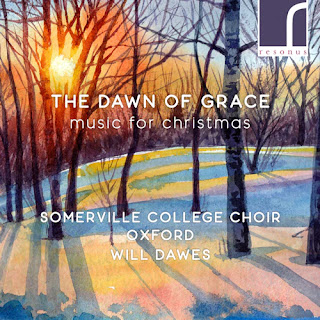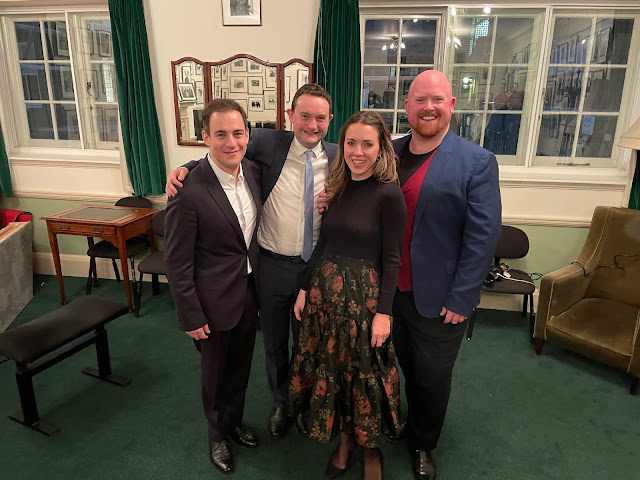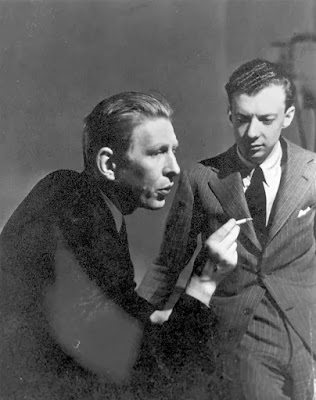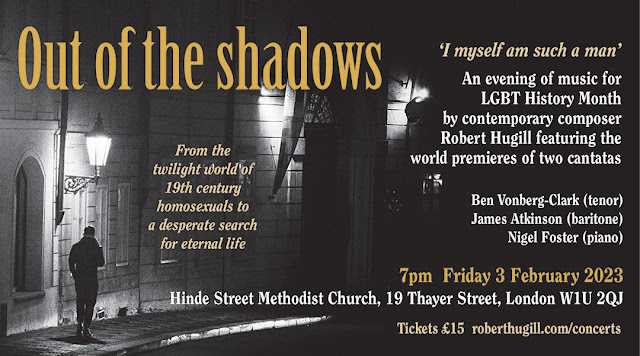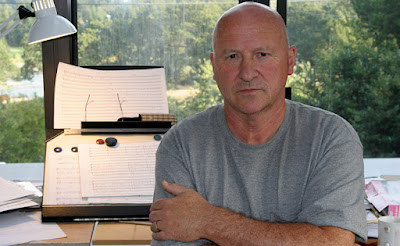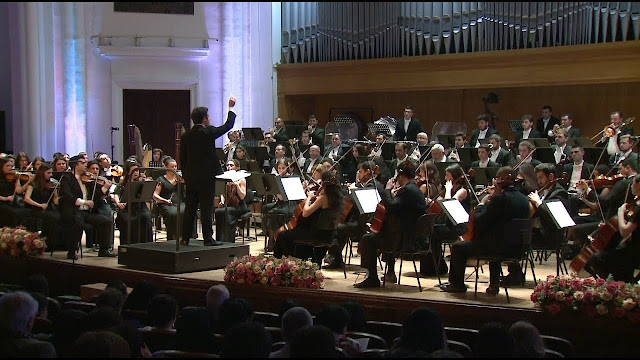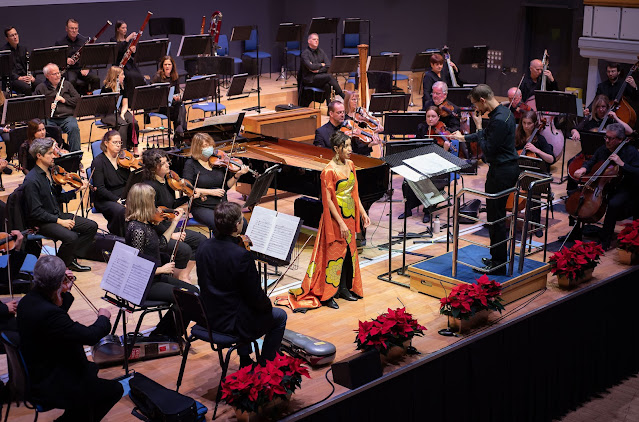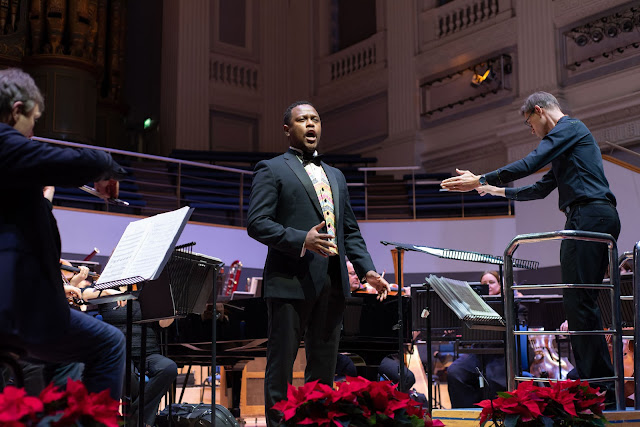 |
| Alison Wilding's Migrant (2003) at Snape |
The 2023 Aldeburgh Festival will run from 9 to 25 June 2023, and features 35 world premieres (of which 21 are Britten Pears Arts commissions) and 9 European, UK and English premieres. The festival opens with the premiere of Sarah Angliss' new opera Giant, which tells the story of the 18th-century “Irish giant” Charles Byrne, explores the true tale of surgeon John Hunter and his obsession with Charles Byrne – a man he betrayed in one of the most disturbing acts in the era of the grave robbers. Angliss' score uses just five voices, period instruments and live electronics, and the opera will be directed by Sarah Fahie.
There will be the UK premiere of a new dance piece, The Art of Being Human created by Laurence Dreyfus and his ensemble Phantasm, choreographer Sommer Ulrickson, and visual artist Alexander Polzin, and using music of the 16th and 17th centuries.
Beyond Aldeburgh, the Aldeburgh Festival Extra sees Bushra El-Turk's opera, Woman at Point Zero receiving its UK premiere at the Royal Opera House's Linbury Studio.
2023 featured musicians include the pianist Pavel Kolesnikov, baritone and composer Roderick Williams, and composers Anna Thorvaldsdottir and Cassandra Miller. The festival will be celebrating Ligeti's 100th anniversary, with pianist Pierre-Laurent Aimard, jazz pianist Michael Wollny and world premieres from the Ligeti Quartet. String quartets are a feature of the 2023 festival with eight leading quartets performing.
The Knussen Orchestra returns for two concerts conducted by Ryan Wigglesworth with music by Mozart, Elliott Carter, Ligeti, Haydn, Brahms and Wigglesworth. Visiting orchestras include John Wilson's Sinfonia of London, the BBC Philharmonic, the BBC Symphony Orchestra and the City of Birmingham Symphony Orchestra, which will be performing with its new chief conductor Kazuki Yamada.
The Red House will be open daily during the festival and will feature an exhibition of paintings by Mary Potter (1900-1981), who lived in Aldeburgh for 30 years and used her immediate surroundings to inspire her work. In 1951 Potter moved, with her husband, to the Red House in Aldeburgh. After her divorce, she became a close friend of Britten's and would swap houses with him.
There will also be an exhibition in Snape Maltings of the work of John Piper drawn from Britten and Pears' personal collection. Twenty years after Alison Wilding's sculpture Migrant was first installed at Snape Maltings, and to celebrate its proud new setting in the reedbeds, the artist returns to the Aldeburgh Festival with a show of both new and existing works.
Full details from the Britten Pears Arts website.


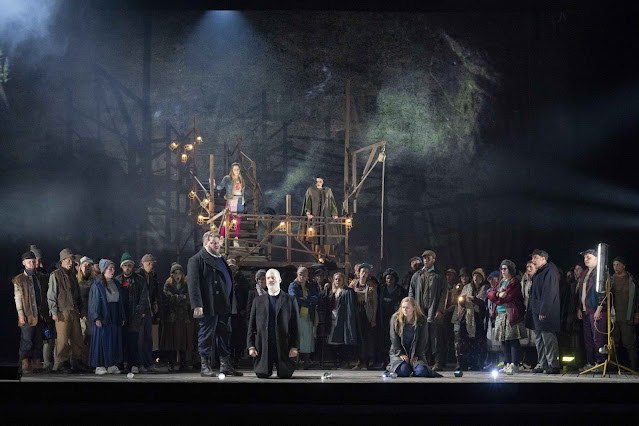
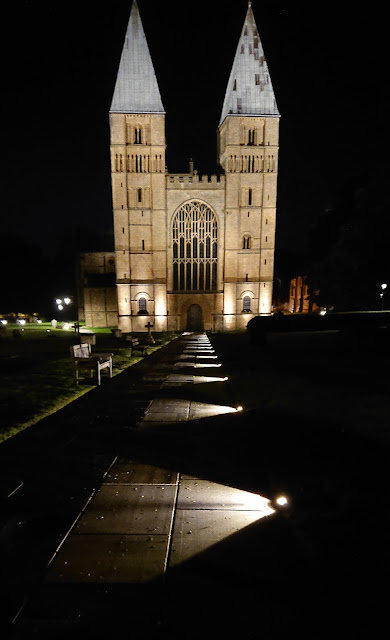
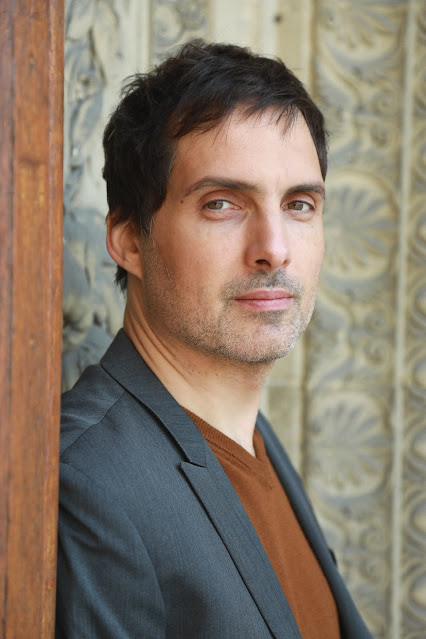
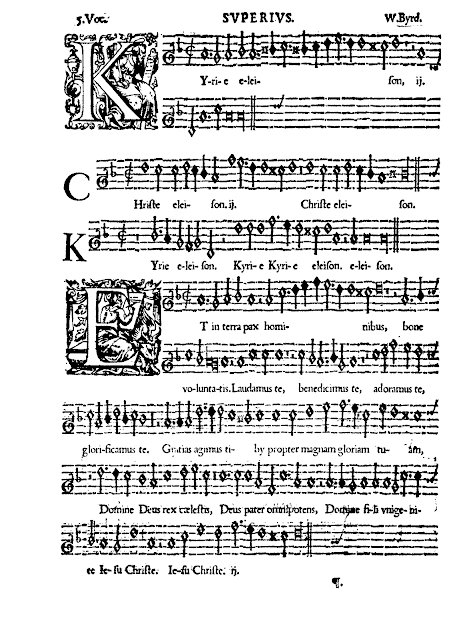


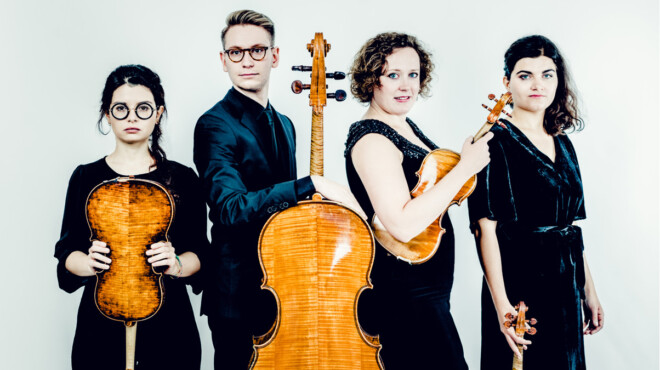
,%20Kseniia%20Nikolaieva%20(Third%20Lady),%20Gabriel%C4%97%20Kup%C5%A1yt%C4%97%20(Second%20Lady),%20Gyula%20Orendt%20(Papageno),%20Filipe%20Manu%20(Tamino),%20The%20Magic%20Flute%20%C2%A9%20ROH%202022.jpg)
,%20The%20Magic%20Flute%20%C2%A9%20ROH%202022.jpg)

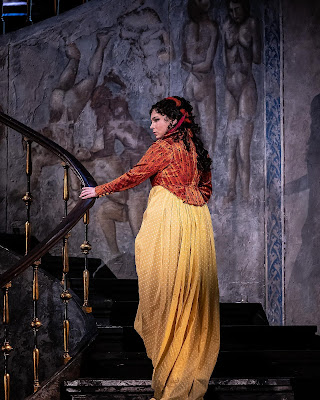
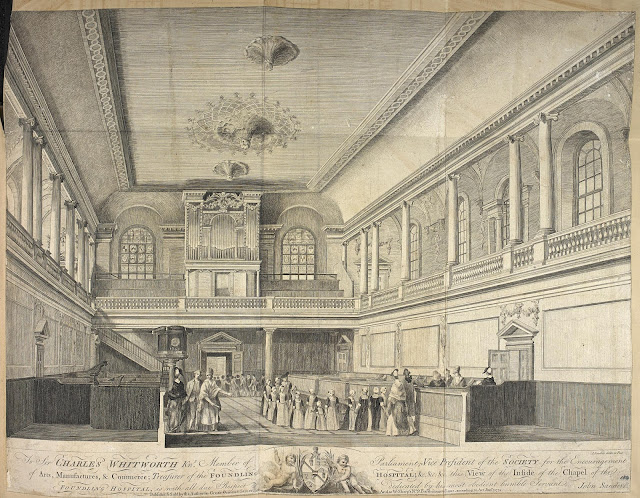
.jpg)

